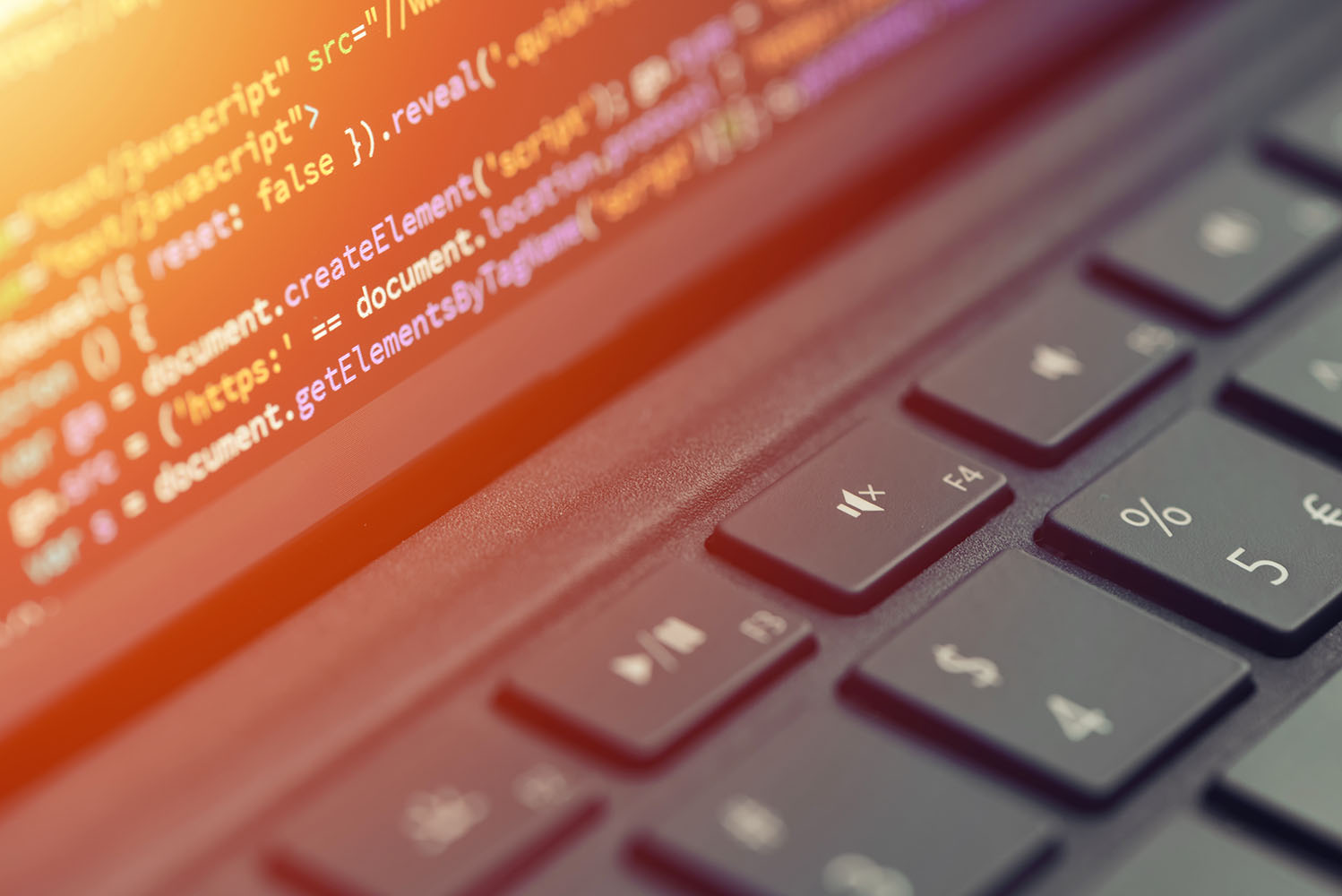Cryptoassets case law homes in on location, location, location!
Published on 25th February 2021
Slowly but surely the English courts are defining the legal status of cryptocurrencies by confirming the rights that go with them, which is increasing the security and the value of cryptoassets

Sir Geoffrey Vos, chancellor of the High Court, launched the LawTech statement on cryptoassets and smart contracts in November 2019, which was a first step towards the "responsible future utilisation" of blockchain-based assets. He said "there is no point in introducing regulations until you properly understand the legal status of the asset class that you are regulating".
Although there are now a number of consultations in the pipeline (such as that from HM Treasury), there has been no substantial regulation of cryptoassets (apart from changes in the AML regulation). Meanwhile, the English courts have been slowly but surely building a body of common law setting out the framework of the legal status of cryptoassets.
What? Bitcoin as property
In late 2019, the High Court handed down two decisions in Robertson v Persons Unknown (unreported) and AA v Persons Unknown confirming that Bitcoin were intangible "property" capable of being subject to a freezing order. In Roberston, the court was prepared to grant the freezing order on the basis that a Bitcoin is a thing over which it was possible to exert proprietary rights (even if the precise nature of the right was not identified) and grant an interim asset preservation order to protect Mr Robertson’s interest.
In AA, Bryan J was willing to go further and state that it was not necessary to fit Bitcoin within an existing category of property (chose in action or chose in possession) provided that it met the English law criteria for property (as set out by Lord Wilberforce in National Provincial Bank v Ainsworth): namely they were:
- definable;
- identifiable by third parties;
- capable in their nature of being transferred to third parties; and
- capable of some degree of permanence.
As such, Bryan J was satisfied – at least to the level required for the purposes of an application for interim relief – that Bitcoin constituted property, and was capable of being the subject of a proprietary injunction.
Where? What laws apply
Due to the nature of the interim remedies sought in Robertson and AA it was not necessary for the English court to grapple with the issue of jurisdiction – where in the world the Bitcoin were such that the English court (or otherwise) has the power to make orders in respect of them and what laws should apply to them?
Ion Science Limited & Duncan Johns v Persons Unknown, Binance Holdings Limited and Payward Limited was (the first) case before the Commercial Court dealing with fraud. However, it is also the first case where the court consider the location of cryptoassets for the purpose of the applicable law (known as the lex situs).
In summary, the case involved allegations of fraud. The applicants alleged that the first respondent had, in the guise of Neo Captial, an institution that subsequently turned out to be a false alias, induced them to invest a total of 64.35 BTC (then around £580,000) in relation to an initial coin offering (ICO) for a new cryptocurrency called Uvexo and, later, Oileum.
An ICO is, in essence, a fundraising exercise like an IPO but – instead of shares, the company will offer tokens (often entitling the recipient to dividend-like payments) or, as in this case, a new cryptocurrency (with an inherent tradable market-value like any other cryptoasset). While IPOs are subject to significant regulation (in the UK under the Listing Rules and the Markets in Financial Instruments Directive II), there remains – for the time being – a lack of regulation over ICOs.
The applicants were persuaded to invest in both cryptocurrencies but, instead of receiving the promised profits from the investments, it appears that their Bitcoin had been dissipated through other cryptocurrency exchanges (including the second and third respondents).
As an interim step they sought a proprietary injunction, a worldwide freezing order, and ancillary disclosure of information about the identity of the account holders with two cryptocurrency exchanges (the second and third respondent). The applicants were successful in their applications and, on 22 December 2020, Butcher J put in place a freezing order over the Bitcoin.
Why? Issues from Ion Science
The case significantly advances the arsenal of tools available to those who have suffered the theft of cryptocurrencies.
- First, the case confirms that a Bankers Trust order (that is, an order compelling the disclosure of certain information about account holders) can be made against a cryptocurrency exchange. Previously, in AA the court had not granted that order.
- Second, the case was the first time a court had considered the lex situs of Bitcoin. In order to obtain the interim relief, the applicants needed to show that – in any subsequent legal proceedings relating to the Bitcoin and the fraud – England would be the appropriate place for the trial. Butcher J, placing significant reliance on the analysis of Professor Andrew Dickinson in his book Cryptocurrencies in Public and Private Law concluded that the lex situs of a cryptoasset is the place where the relevant participant in the Bitcoin system is located (that is, the Bitcoin owner).
Osborne Clarke Comment
The court's decision is only a first-instance decision and is not a binding authority so watch this space for further developments. However, it adds to the increasing body of case law, which helps to define the legal nature of cryptoassets, and provides further reassurance to holders of Bitcoin of the steps the English court will take to assist them in recovering their property following a crypto-fraud.
The more certainty that the courts can introduce around Bitcoin and the legal rights that can be enforced in relation to them, the more valuable the underlying assets become as a reliable as a safe-haven asset.
As to regulation, as the body of case law develops to define the asset class, it is surely time for the regulators to step in and begin putting appropriate regulatory frameworks in place for ICOs and further protections for consumers in the case of misconduct.
If you would like to discuss any of these issues, please contact one of our experts below, or reach out to your usual Osborne Clarke contact.



